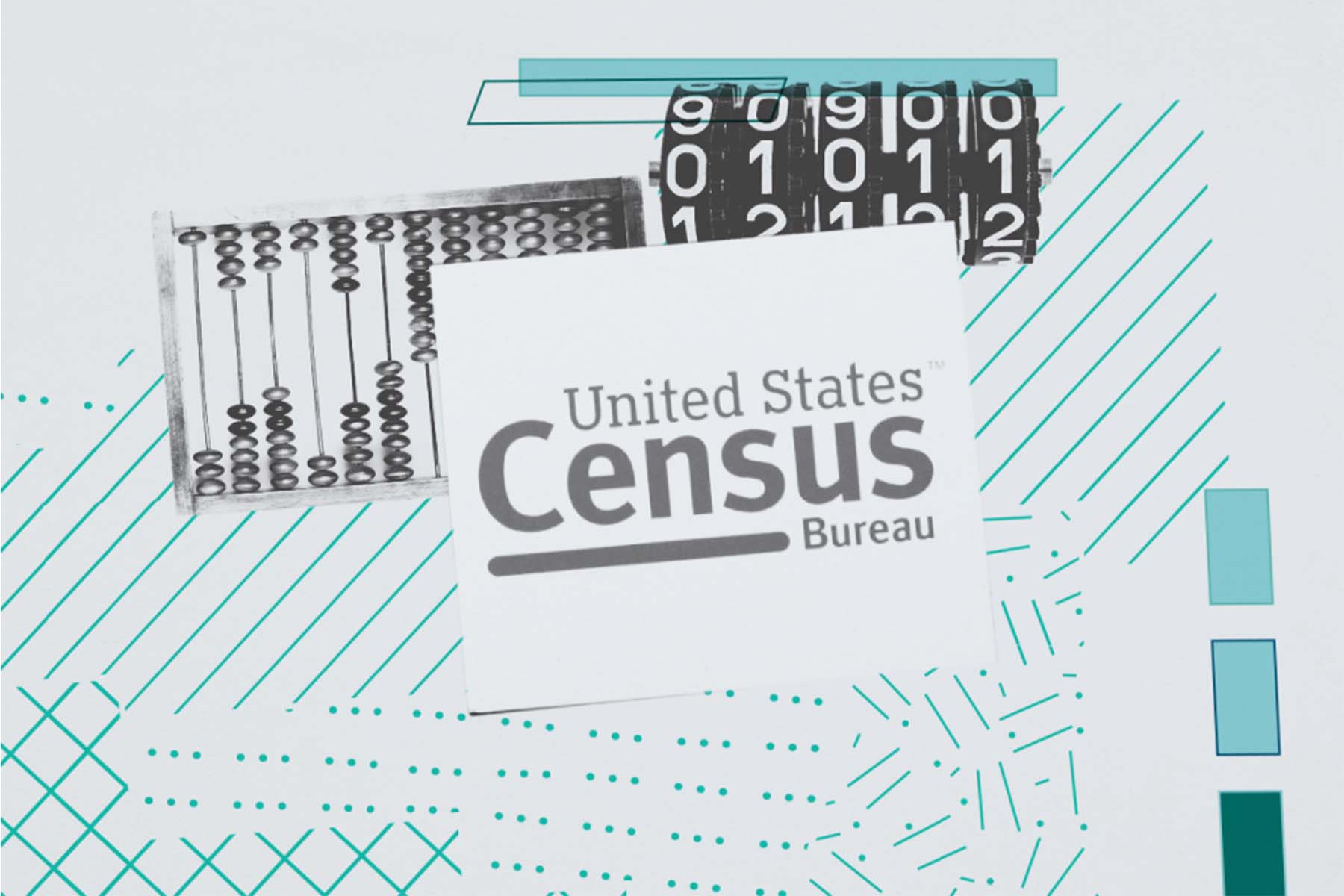
Originally Published By
Leonardo Castaneda as “Supreme Court blocks census citizenship question for now, averting major California undercount” for The Mercury News
© Photo
Photo Illustation FIVETHIRTYEIGHT / GETTY IMAGES
The Supreme Court on Thursday blocked a citizenship question from the 2020 census — at least temporarily — avoiding a change that experts say could lead to a major undercount of California residents and far-reaching ramifications for the state’s federal funding and political clout.
In a 5-4 decision, Chief Justice John Roberts joined the four liberal members of the court in ruling that the Trump administration’s explanation for adding the question to the census — to improve compliance with the Voting Rights Act — did not hold water. At the same time, Roberts and the more conservative members rejected the argument that a citizenship question is inherently unconstitutional.
The justices upheld a lower court decision demanding more explanation from the Commerce Department, which means the question will be blocked unless the administration can provide a more satisfactory explanation for its motives.
The decision comes just days before a June 30 deadline set by the Census Bureau, after which it said it needs to start printing the census forms.
Jonathan Stein, a staff attorney for voting rights with Advancing Justice — Asian Law Caucus, said census officials had said it might be possible to extend that deadline to October, but it’s unclear what would happen if that occurs.
“What we don’t know is if the Department of Commerce will try again,” Stein said. “We don’t know how long it would take the district court to evaluate the Department of Commerce’s second try and we don’t know if or how the Supreme Court would review the district’s court decision given that the Supreme Court’s term for the year ended today.”
The decision is a defeat for President Trump, and, at least, a temporary sigh of relief for California state leaders and immigrant rights advocates.
California state leaders applauded the decision but warned that the national discussion over the citizenship question and recent threats by Trump of massive immigration raids could still scare some families from responding to the census forms.
“If you don’t participate in the census, Trump wins,” Governor Gavin Newsom said at a morning news conference. “It’s as clear as that.”
A statement from San Jose Mayor Sam Liccardo also offered a cautious celebration of the decision.
“Today, while we applaud the Supreme Court’s recognition that this Administration has offered only ‘contrived’ explanations for its discriminatory census policy, it appears too soon to celebrate,” he said. “We await further proceedings to know whether this nation’s courts will ultimately affirm the fundamental principle that we have long embraced in San José: everyone counts.”
East Bay Rep. Barbara Lee, D-Oakland, welcomed the decision and in a statement criticized the citizenship question as untested and unnecessary.
““The U.S. Census should make our nation more equal and representative, not less,” she said. “By weaponizing the Census, this Administration tried to intimidate immigrants, worsen gerrymandering, and intentionally undercount communities of color.”
If a question is added to the census, the state could lose one, and maybe more, seats in Congress, as well as hundreds of millions of dollars in federal funding, many experts predicted.
Critics say fears about how the citizenship data will be used could still deter immigrants from responding to the census even if they’re permanent legal residents. Families with mixed citizenship status could also be wary of responding.
But even without the question, California and the Bay Area remain home to many of the residents most at-risk of being undercounted, state government officials and independent experts say.
California already has a high share of hard-to-count residents, according to the Legislative Analyst’s Office, including immigrants, low-income people, those not fluent in English, and children four and younger. Renters, black residents, and Native Americans living on reservations are also at risk.
Those populations are particularly large in West Oakland, Antioch, East San Jose and San Francisco’s Mission and Chinatown neighborhoods, according to California Complete Count, the office tasked with the state’s outreach and census coordination efforts.
The Commerce Department, which administers the Census Bureau, had argued that it needed the citizenship question — which has not been asked on the full census since 1950 — to improve compliance with the Voting Rights Act. But evidence that came out during and after the case was heard in lower courts suggested that officials were more interested in the political implications of such a question, and had come to the voting rights explanation as a justification for it.
A slim majority of the justices agreed that the Trump administration’s reasoning was questionable. The government presented the courts “with an explanation for agency action that is incongruent with what the record reveals about the agency’s priorities and decisionmaking process,” Roberts wrote in his opinion, adding, “we cannot ignore the disconnect between the decision made and the explanation given.”
Despite the potential statewide loss of a congressional district, a study by the Rose Institute of State and Local Government at Claremont McKenna College estimated that the nine-county Bay Area and Santa Cruz could actually gain a Congressional representative, as well as half an assembly district and a fifth of a state senate district. That’s because the region has been the fastest growing in the state. Those gains would likely come at the expense of the Los Angeles region.
Even without the citizenship question, experts worry that an undercount of California’s residents is likely.
“The citizenship question has undermined trust in the census among immigrant communities,” Stein said, adding that the law prohibits using census data for immigration enforcement. “People now fear the census will be used against them.”
According to a worst-case scenario that included a citizenship question, the Urban Institute, a non-profit research group in Washington, D.C. projected that California’s population could be undercounted by 792,000 people, including 580,700 Hispanic and 110,100 black residents. Asian American, Native Hawaiian and Pacific Islander residents could be undercounted by 94,000.
That would represent the worst outcome for California since the 1990 census, when the Golden State’s population was undercounted by an estimated 2.74 percent, according to the Census Bureau’s own analysis. Every person not counted costs California roughly $2,000 in Section 8 housing vouchers, early education aid, food assistance benefits and other federal programs, according to George Washington University.
Under that worst-case scenario, the state stood to lose $1.5 billion in federal funding.
California has been gearing up for months to help count residents. This year, the Census Bureau is expected to spend nearly 11 percent less than it did for the 2010 count, in part by making most responders fill out the survey online for the first time. The state so far has committed $100.3 million toward counting a projected 40.56 million residents. That’s about $2.47 per person, nearly 12 times as much as the $0.21 per person Georgia, the next closest state, is spending.
The governor’s budget for 2019-2020 includes an additional $54 million for census outreach.













